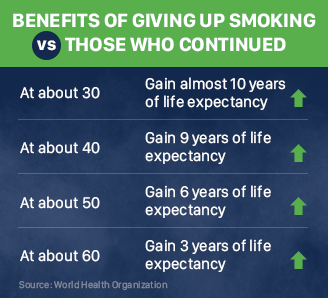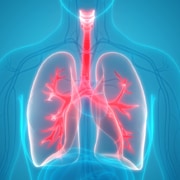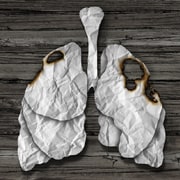

- Home/
- Latest Videos/
- Nicotine Replacement Therapy - How It Can Help You Quit Smoking
Nicotine Replacement Therapy - How It Can Help You Quit Smoking
Dr Pratima Murthy, Professor and Head, Department of Psychiatry, National Institute Of Mental Health And Neuro Sciences (NIMHANS) talks about the common misconceptions around Nicotine Replacement Therapy (NRT) that can help one quit the habit of smoking. She adds, "Lot of people think it is some sort of chemical and they don't want to get back to the use of it. But the reality is that NRT takes away all the harm and it is not even a permanent thing. It is more like a temporary thing for about 3-months until people can adjust to a tobacco-free life." Dr Murthy also explains how the other issue with the therapy is that not many people know how to use it effectively and that's why they are unable to quit smoking. She further said that some people give up NRT because of cost but it is time people need to realise that it is much cost-effective treatment as the use of tobacco and the harm it causes in long-run is much high. Dr Pratima Murthy urges people to quit smoking for their own good and said, "if you haven't started smoking, don't start. If you have just started, quit it, before you become addicted."

Health Benefits Of Giving Up Smoking

Within 20 minutes:
Within 20 minutes of quitting smoking, your heart rate and blood pressure drop

Within 12 hours:
And if you have not smoked for 12-hours, carbon monoxide level in your blood drops to normal

In 2-12 weeks:
Circulation improves and your lung function increases

In 1-9 months:
Coughing and shortness of breath decrease for a person who has quit smoking

Within 1 year:
Risk of coronary heart disease is about half that of a smoker's

In 5 years:
Stroke risk is reduced to that of a nonsmoker 5 to 15 years after quitting smoking

In 10 years time:
Risk of lung cancer falls to about half of that of a smoker and your risk of cancer of the mouth, throat, esophagus, bladder, cervix, and pancreas decreases









